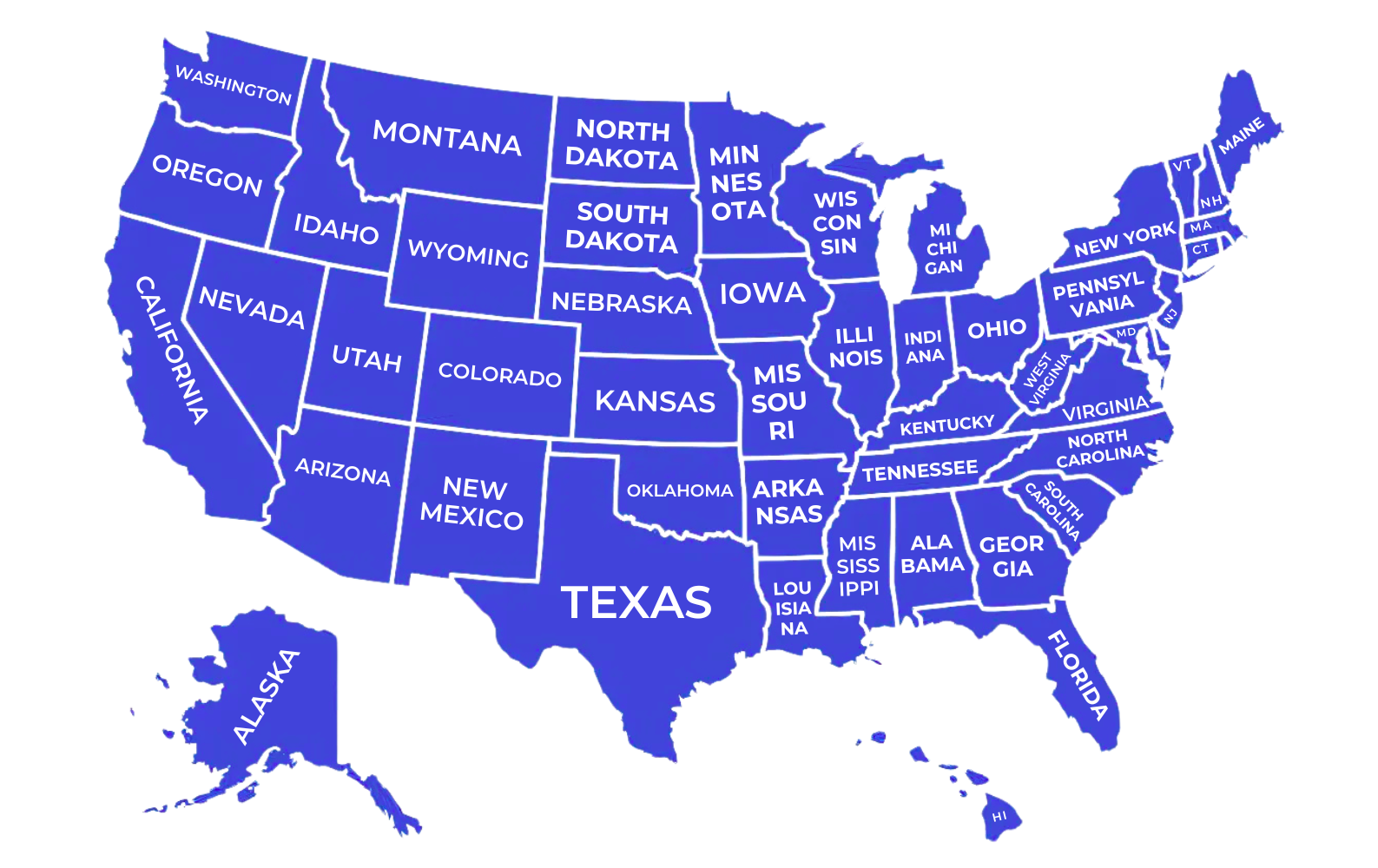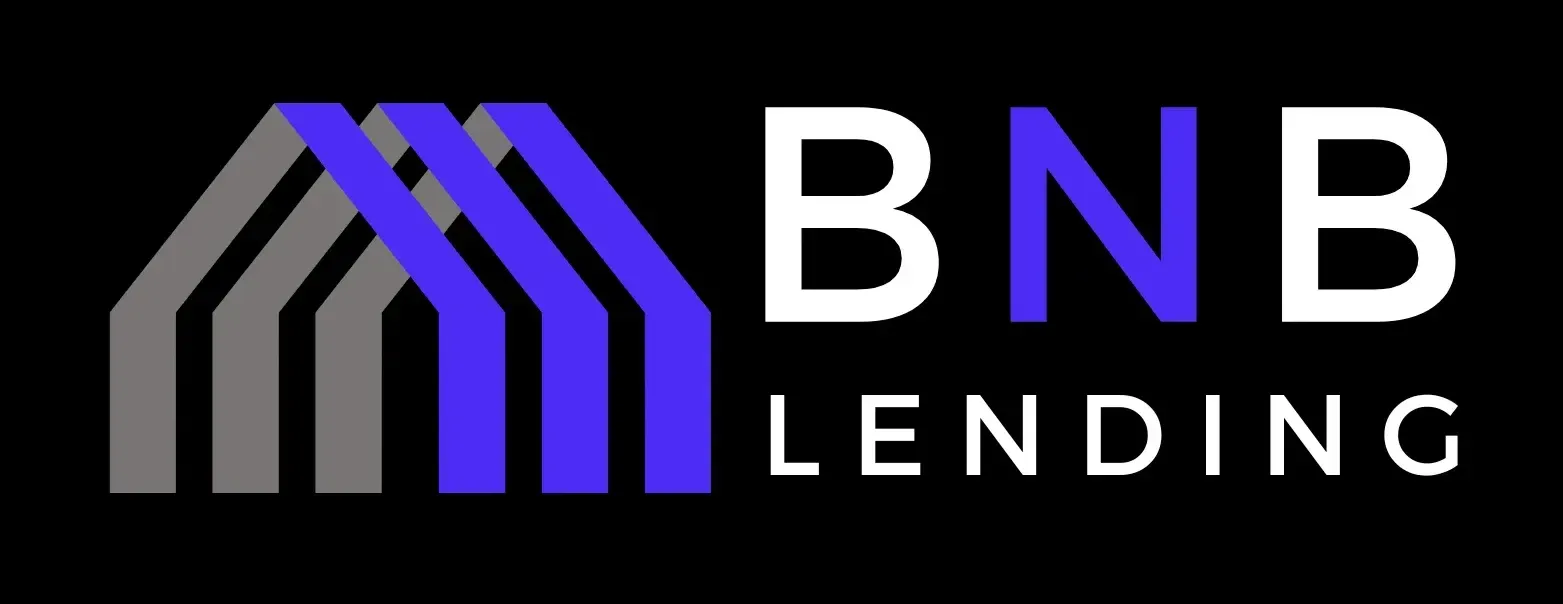
New Construction Loans in New York
From the foundation up, we’re by your side!
Ready to kick off your new construction project? BNB Lending offers fast, flexible financing with 1 to 2-year interest-only terms to help you get the job done efficiently. We provide funding for residential properties (1 to 4 units), multi-family units, condos, apartment complexes, commercial buildings, and hotel construction projects. Our financing covers up to 85% of the purchase price and 100% of vertical construction costs, ensuring your project is ready for rent or sale. Plus, with no prepayment penalties, you can refinance or sell whenever you're ready. Our quick closing process means you can get quoted and funded in as little as 14 days.
How to qualify
To obtain a quote, we will need the following information:
Property Value and
Purchase Price
Down Payment
Amount
Credit Score
Asset Types
- Single Family Homes
- Townhomes
- Condos
- 2 - 4 Units (Duplex, Triplex, Quadplex)
- Multi-Family: 5 - 8 Units
- Mixed-Use: 2 - 8 Units
- Multi-Family: 9+ Unit
Loan Terms
- Loan Sizes:
$100k up to $3.5 Million (Larger loan sizes available on a case by case basis)
- Purchase LTV:
Up to 85%
- Rate & Term Refinance LTV:
Up to 80%
- Cash Out Refinance LTV:
Up to 80%
- Amortization:
30 Year % 40 Year Amortization Options Available
- Term Lengths:
5/6 ARMs, 7/6 ARMs, 10 Year Interest Only, 30 Year Fixed & 40 Year Fixed
- Floor Rate:
5.50% (subject to change daily due to market volatility)
- Full Recourse
with personal guarantee required for all borrowers with majority ownership (typically 20%+ or 25%+ if closing in an Entity)
- DSCR Requirement: 1.00x or greater depending on loan size and property type. Sub-1.00x DSCR and NO DSCR options available.
- Vesting:
Lending to Individuals, LLCs, and Corporations. Trusts Allowable on a Case by Case Basis.
- Average Time to Close:
14 to 35 days
Wondering if you qualify for investment property financing in your area?
We offer lending services in all 50 states!

Frequently Asked Questions
What are the requirements for getting a construction loan?
To get a construction loan, you’ll need a licensed builder, construction permits, full architectural plans, and a detailed budget. Most lenders require a 660+ credit score, at least 15% down, and either land ownership or a signed purchase contract. We also evaluate the builder’s experience, project comps, and your liquidity. Funds are released in draws that correspond to the timeline and major phases of your build. Strong documentation helps you get approved faster and can improve loan terms. We’re structured for speed and real-world execution—not slow institutional review.
How do home construction loans differ from traditional financing options?
Construction loans fund your build in stages and typically only require interest payments during the project. Traditional mortgages provide a lump sum at closing and begin amortized payments immediately. Construction financing focuses on the scope of the project, builder credentials, and budget rather than your debt-to-income ratio. Once the home is completed, you can refinance into a long-term mortgage or DSCR loan. This two-step approach gives you more flexibility, especially for short-term rentals or investment builds. It’s a better fit for modern real estate projects.
What credit score is needed to qualify for new construction financing?
A credit score of 660 is generally required to qualify for new construction financing, though strong reserves or a highly experienced builder can sometimes offset lower scores. We assess the entire project—budget, draw structure, timeline, and comps—to determine eligibility. Your exit plan also plays a big role in pricing and approval. If your score is borderline but everything else is well-prepared, we’ll likely find a way to structure a solution. Credit matters, but we prioritize your plan’s strength and the likelihood of successful completion.
Are construction loans available to small business owners or just individuals?
Yes—construction loans are available to both individuals and business entities such as LLCs or corporations. Many of our clients are real estate professionals or STR investors operating under a business structure. We usually require a personal guarantor with at least 20–25% ownership. Instead of evaluating tax returns, we focus on the builder, project documentation, and exit strategy. If you're a business owner who needs phased funding, we can structure loans that prioritize flexibility and speed while supporting your growth. Business borrowers are welcome here.
What is the typical loan rate for construction financing?
Construction loan rates typically begin at 5.50% and vary depending on credit score, loan size, timeline, and builder reputation. These loans are interest-only during the construction phase, which keeps your monthly payments lower while work progresses. After the project is complete, many borrowers refinance into DSCR loans or long-term fixed mortgages. Our team evaluates your application holistically—including documentation quality and risk—to price appropriately. A well-organized package typically leads to better rates, faster approvals, and more flexible terms. We move fast when your project is ready.
What types of loans are best for new construction projects in New York?
The best loans for new construction projects in New York are interest-only draw loans that release capital as key build stages are completed. Whether you're developing STRs in the Catskills, a duplex in Brooklyn, or infill housing in upstate towns, these loans provide up to 85% land financing and 100% of vertical construction. New York investors benefit from fast approval timelines, minimal documentation hurdles, and terms that match real-world construction schedules. After completion, borrowers typically refinance into DSCR or fixed-rate mortgage loans to lock in long-term cash flow.
Explore new construction loans and other short-term rental loans in neighboring states like South Carolina and Virginia to expand beyond North Carolina.

